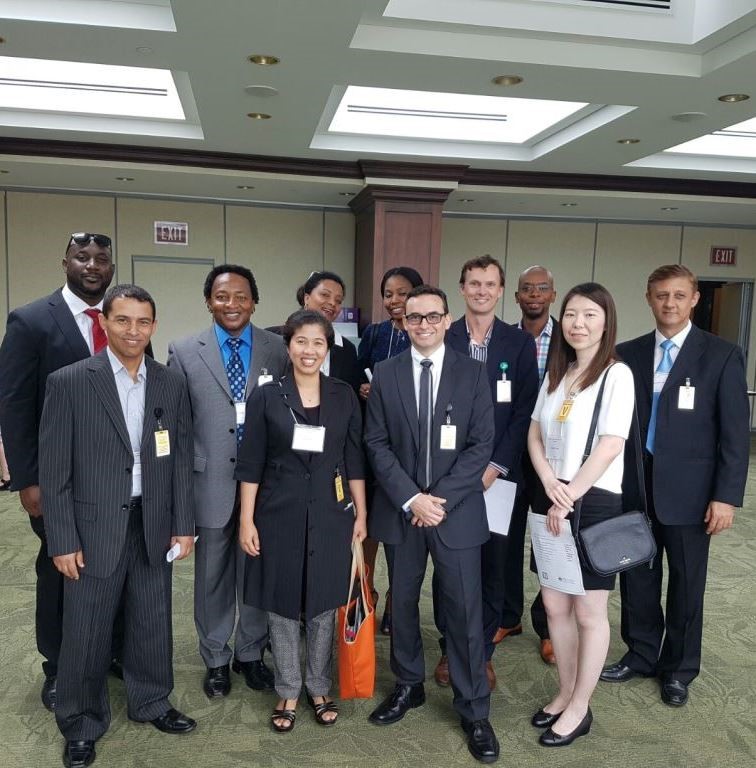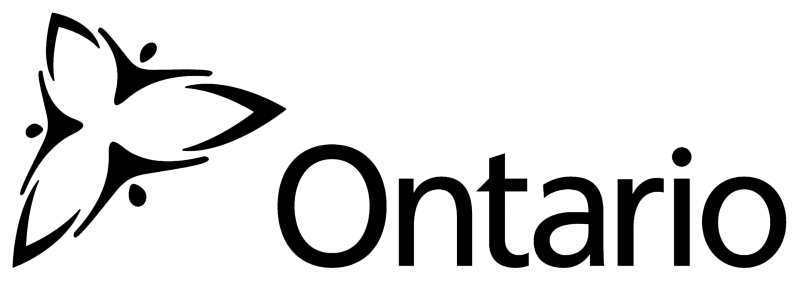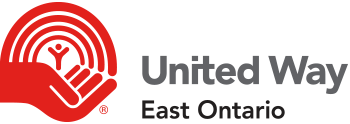Welcome to Dreamland!
This blog post was written as part of an assignment prepared by our group during the Ottawa Job Match Network (OJMN) program, cohort Business Administration & Management July 11-14 & 18 – 21.
The purpose of our blog is to give some practical tips to newcomers in order to have a comfortable transition in Canada.
Welcome to the Dreamland!
We are about to give you few steps that are essential to make your dream come true.
Every newcomer has landed here with a dream and we wish that you dream will come true! By now, we are sure that you have made every effort to have successful landing. However, we would like to give you some tips for you to make a successful transition after landing in your dreamland.
Before coming, most of you have done pre-arrival preparation by researching through different blogs, forums, discussion threads online, and workshops offered by organizations. Those resources give you some important information and help you to choose the province and city you want to live in. It is always better to live where your career prospects are good.
Don’t forget to prepare all your documents: identity; family record; documents with a proven previous or current home address; professional and academic; reference letters from previous or current employers; resume or summary of work experience; official school records for children; valid driving license; medical records.
Plan for your finances according to the amount required by CIC (Canadian Immigration Citizenship). However, we recommend you to have some additional funds depending on your individual or family needs.
“Welcome to Canada” is a booklet you receive when you land at any airport. That guide contains a lot of resources and general information about what you need to know and need to do. You need to go through it to have an idea of your steps during your first 3 months.
Education plays a vital role for your employment in Canada. We advise you to start getting prepared by doing the equivalency of your transcripts from your university or college with an agency, for example, World Education Services. Make sure that your transcripts are available so that you can send them to the agency and have it evaluated course by course.
A driving license is required if you want to drive a car. Please visit drivetest.ca if you are holding driving license from a country that is accepted by Canada driver license exchange program. If you have a driving license not issued from a country which has an exchange program with Canada, then you need to pass some exams. But with an international driving permit you can drive a car in Canada just for 60 days. On the other hand, having your driving license card can easily be used as your ID because it has your photo, signature and address.
Open a bank account if you haven’t done it before coming to Canada. This will help you to facilitate your financial transactions and build a credit history.
You may be advised to go for private medical insurance as the Health Insurance will start only after 3 months from the date of landing. You are able to request a family doctor only after you receive your health card. However, ensure you register or list your name on the waiting list of the doctor you wish to sign up with. Walk-in clinics are available for any intermediate requirements. If you require an emergency service please dial 911.
There are many programs offered in your community for your integration. Those programs help you to learn about the community / neighborhood which you are living in. Connecting with programs in your community helps you to socialize, meet new people, and have new friends. There are also several networking events, job fairs where you can meet other people and build your network; you can also have volunteering opportunities in those events that can help you to have the Canadian experience. Just google online (example: www.volunteerottawa.ca ) you will find events that are appropriate for you.
Take a language assessment to evaluate your language level either in English or in French. It is called CLB test (Canadian Language Benchmark). You can do it at any YMCA-YWCA Newcomer Information center. Just call and you will be given an appointment. You will need to have your level of language assessed in order to qualify for several of the job search programs. Those tests are free of charge.
You will be happy to connect with organizations like World Skills, Ottawa Community Immigrant Service Oganization (Ociso), Lebanese and Arab Social Service Agency (Lassa), YMCA-YWCA, In-Tac, to help and facilitate with your settlement. Most of them will help you with your employment needs. Sometimes it is challenging to find a job! Those organizations offer support in several ways such as employment counselling, job search workshops, resume clinics, interview roulettes, LinkedIn workshops, networking events, employer panels, targeted recruitment events, workplace language training programs, entrepreneurship courses, etc.
World Skills and OCISO even offer pre-arrival mentorship programs in order to help you find a job before landing.
Some workshops and programs are offered to help you bridge your skills and competencies in order to enter smoothly the Canadian job market.
Among those programs, we have the Ottawa Job Match Network (OJMN) program. It is a bridge training and job matching initiative funded by the Ministry of Citizenship and Immigration. The goal is to match internationally trained individuals (ITIs) to employment opportunities commensurate to their education, qualifications, skills and experience. It offers two cohorts options: Business Administration and Management (BAM), and IT /Applied Sciences.
Do make an attempt to be part of them to kick start networking and land a job.
We wish you all the best and happy Canadian Life!
To register for programs at World Skills Employment Centre, please call 613 2330453 x 0 or e-mail: ws@ottawa-worldskills.org
Submitted by: Christiane Maptouom, Siddarth Raja, Joseph Nnomo, Thabit Hareth,Ruth Saron




